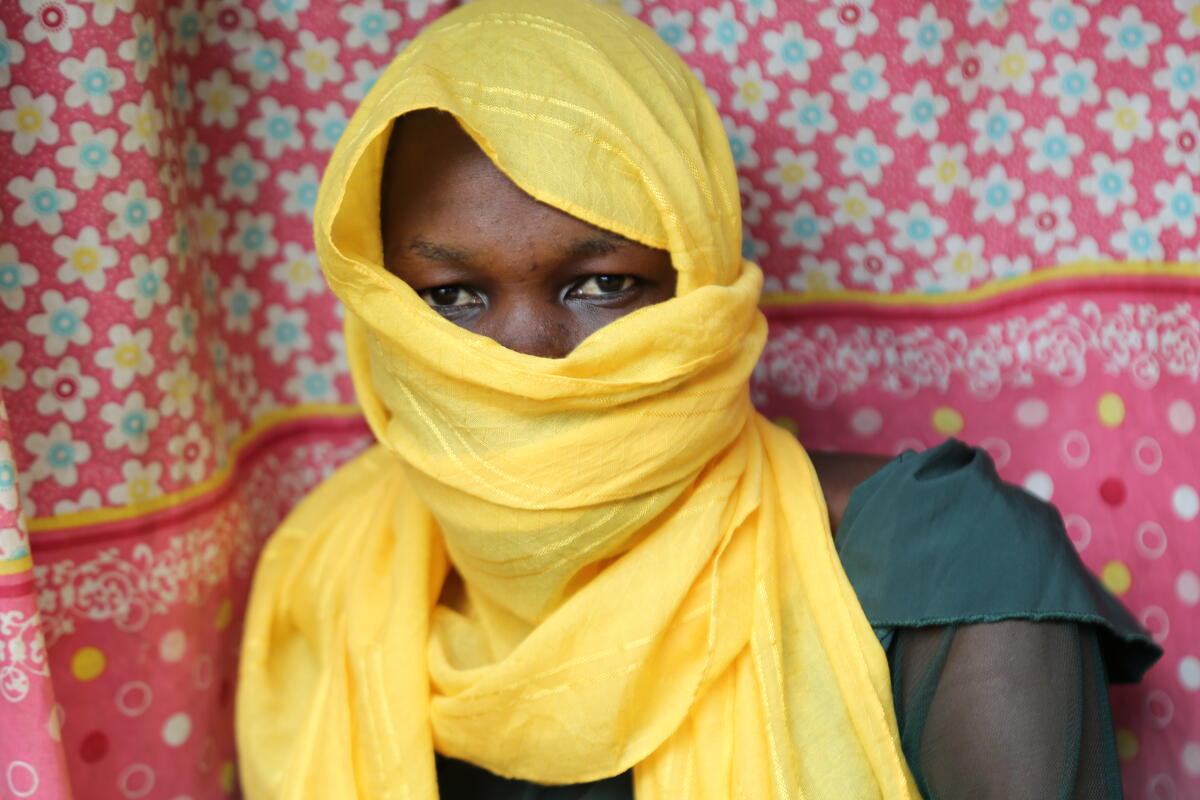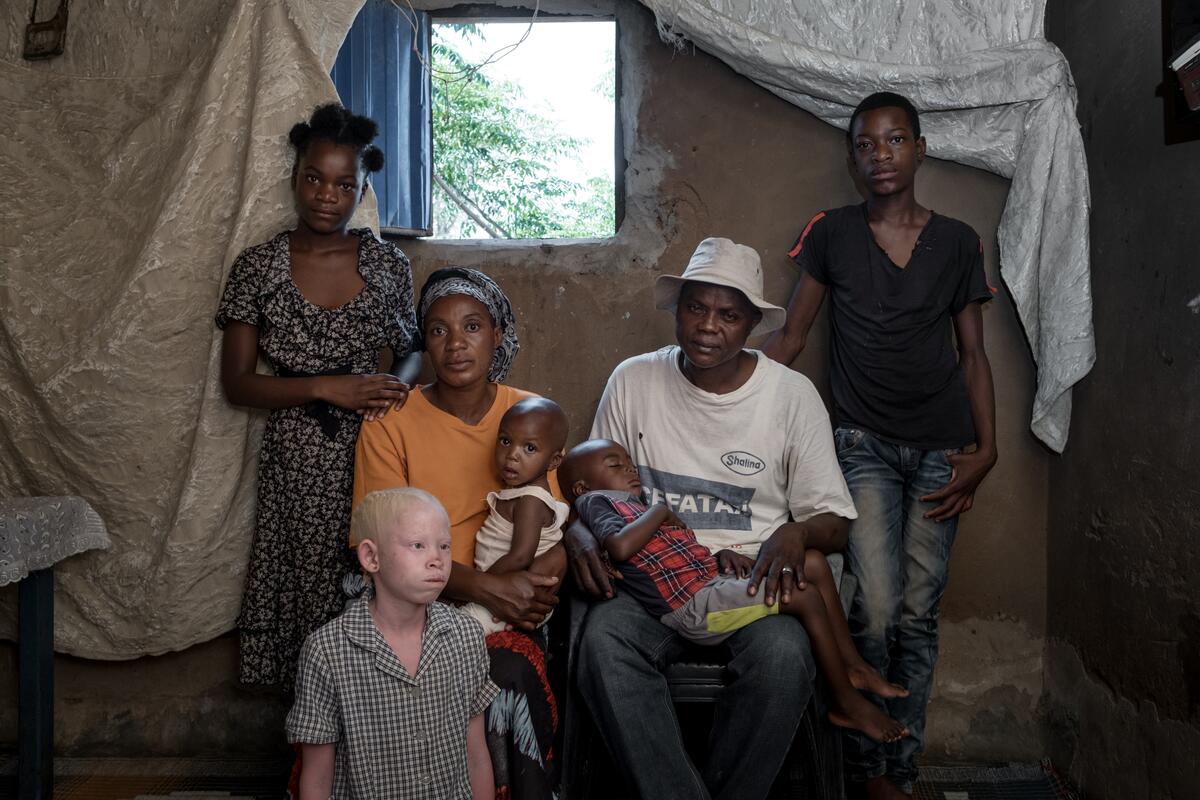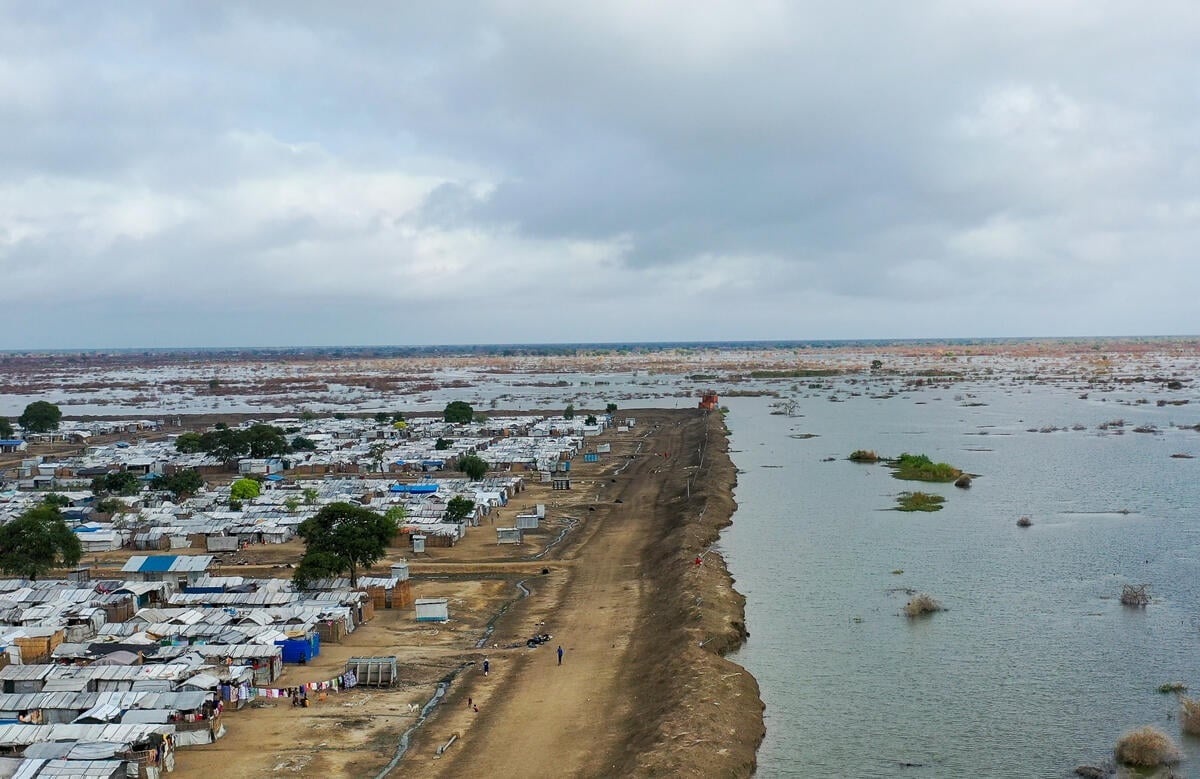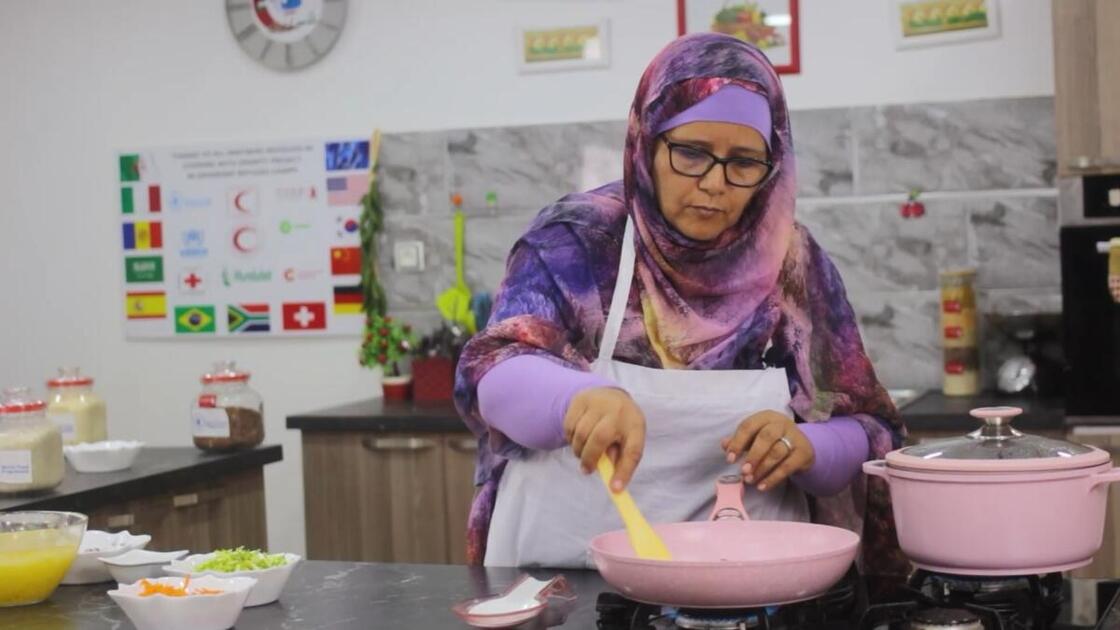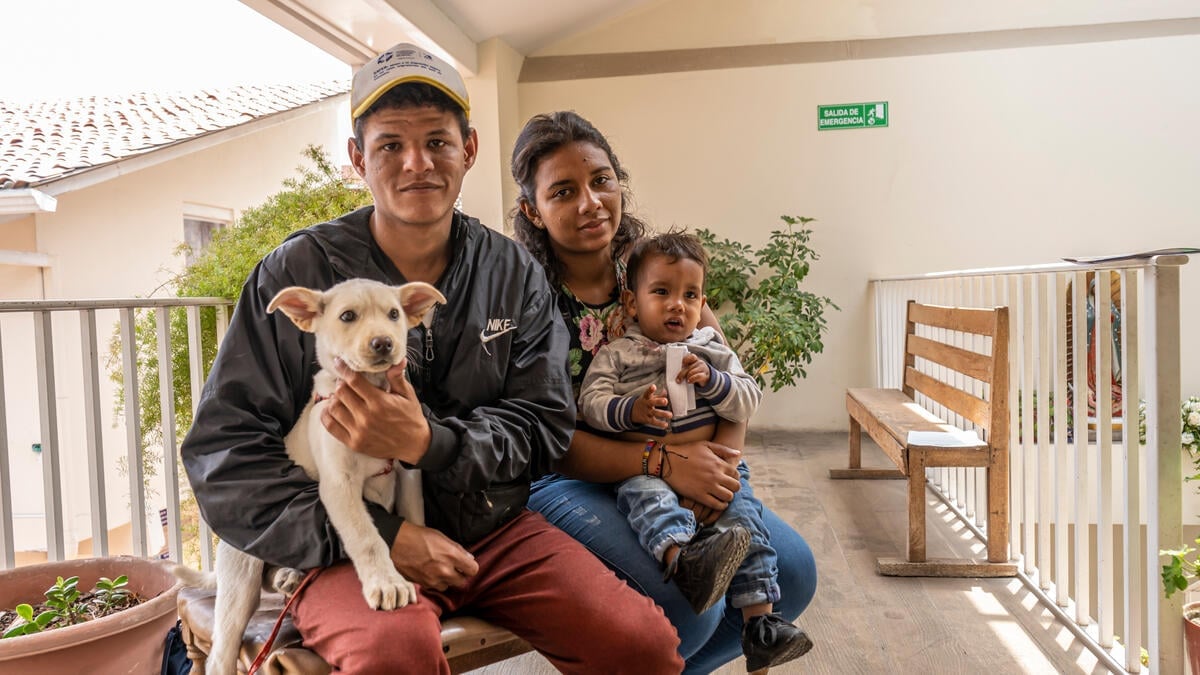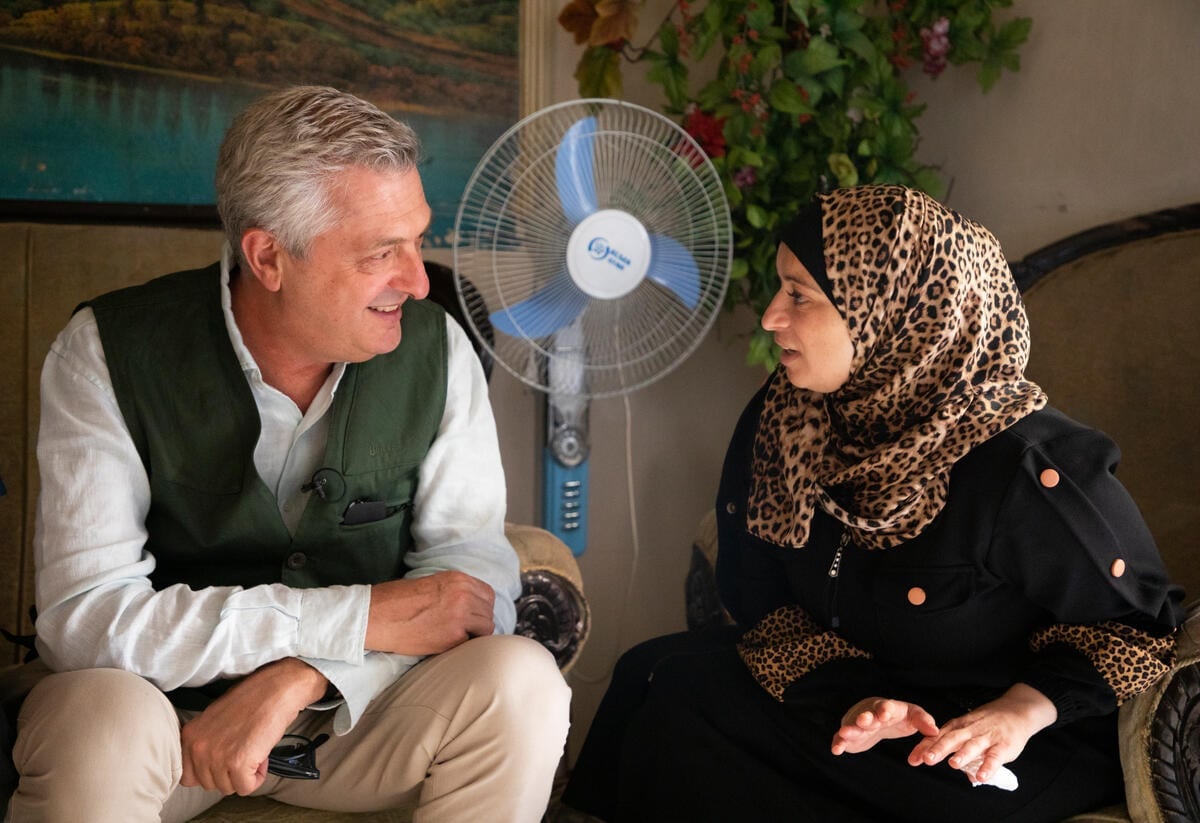UNHCR hands out emergency food aid to Sudanese in Chad
UNHCR hands out emergency food aid to Sudanese in Chad

ADRE, Chad, Oct 30 (UNHCR) - The UN refugee agency has begun distributing emergency food aid along Chad's eastern frontier, where thousands of Sudanese refugees, mostly women and children, are encamped in a dozen sites after fleeing the rebellion-torn Darfur region in western Sudan.
A UNHCR relief convoy offloaded supplies of sorghum and oil on Monday at Toumtouma and proceeded to Kolkol on Wednesday to distribute this supplementary diet to the most vulnerable group of refugees numbering around 1,000 in the two sites.
The refugee agency had earlier handed out plastic sheeting for shelter, blankets and jerry cans to these refugees. Local refugee committees were told to bring carts and donkeys to transport the supplies to their encampments in the semi-arid border region. Each family group of six received three sacks of sorghum and four jerry cans of oil.
The urgent food delivery was made as UNHCR awaited a general food distribution by the Red Cross, its main implementing partner. The refugee agency feared delays in the deployment of the Red Cross workers would affect the fragile health of the refugees and their peaceful co-existence with the local population during this fasting month of Ramadan.
Chadian military escorts went with the convoy that set out from the border town of Adré to Kolkol, 25 km to the north, and Toumtouma, 17 km farther up, in a region where land mines had been scattered and cross-border raids from Sudan have been reported.
The first Sudanese refugees came into Chad in April following an uprising by the Sudanese Liberation Movement (SLM) in western Sudan's Darfur state. By July, the Chadian government said some 65,000 Sudanese had fled into Chad.
On September 4, the Khartoum government and SLM hammered out a 40-day cease-fire while peace talks were being conducted.
Early this month, UNHCR launched an appeal for $16.6 million dollars for emergency assistance to the refugees. The amount would cover provision of shelter, health services, water and sanitation facilities through the year end in a remote region where there is little basic infrastructure.


